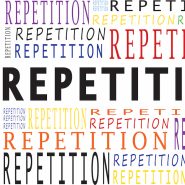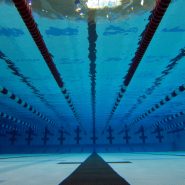Tag: repetition
By Selma Gokcen March 10, 2014
Subjects Playing Healthy
Tags accuracy, activity, Alexander Technique, cello, cellobello, conditioning, conservatory, Coordination, delivery, F.M. Alexander, Gokcen, habit, hours of practicing, necessity, Practice Room, Primary Control, relentless repetitive motions, repetition, results, Selma, the Use of the Self, young instrumentalists
By Melissa Kraut March 14, 2013
Subjects Artistic Vision, Practicing
Tags achieve a common goal, athlete, bleachers, cello, cellobello, chamber music, Cleveland Institute of Music, competitions, discipline, early morning practice, eat well, exercise, frustration, getting enough sleep, high school orchestra assembly, increments, Interlochen Arts Academy, letter jacket, Melissa Kraut, orchestra, passion, pool, professor, progress, refine a skill, Reflections fro the bleachers, repetition, sick, sleep well, stretch, successful musicians, swimming, swimming mom, tempo, timing, training, unhealthy, Wenger chairs
By Selma Gokcen February 12, 2012
Subjects Playing Healthy
Tags Alexander Technique, Awareness, body, cello, cellobello, Gokcen, healthy playing, lessons, Mind, movement, nature, Preparation, progress, repetition, Selma, sensations, Sensory, tension
By Selma Gokcen January 17, 2012
Subjects Playing Healthy




